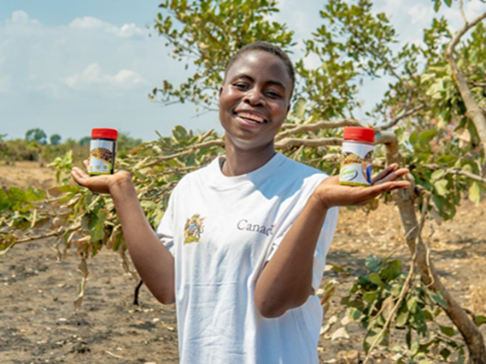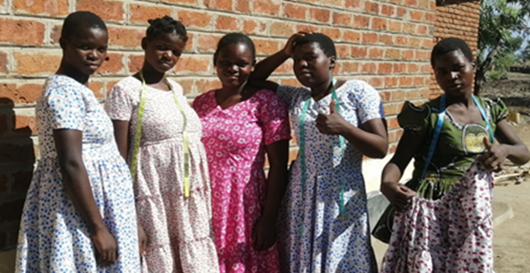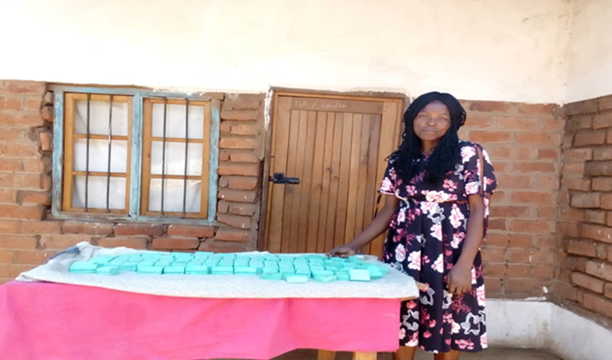Economic Empowerment for Vulnerable Communities
Under its livelihoods thematic area, CAVWOC has implemented transformative interventions aimed at economically empowering vulnerable populations—particularly women, adolescent girls, grandmothers, and people living with HIV and AIDS. These efforts also tackle structural barriers that restrict access to viable markets.
Through intensive capacity-building, CAVWOC has established 56 youth clubs and trained over 700 community agents in Village Savings and Loan Associations (VSLAs), enhancing financial literacy and fostering a culture of saving and investing among marginalized groups.
Our Impact in Numbers
Transforming lives through sustainable livelihoods
56
Youth Clubs Established
700+
VSLA Agents Trained
212
Youths Started Businesses
278
Women Trained in Skills
Our Livelihood Programs
Diverse enterprises for sustainable economic empowerment
Beekeeping Enterprises
Nine youth clubs have launched beekeeping enterprises and established market linkages for their honey. These ventures provide sustainable income while promoting environmental conservation.

Honey being produced by Sinthano youth club in Balaka
Soap & Petroleum Jelly Production
80 women have been trained in soap and petroleum jelly production. These ventures are more than income-generating—they are reshaping gender dynamics and providing financial autonomy.
"After receiving training from CAVWOC, we earned MK60,000 during our first sales cycle—enough to meet household needs and purchase school groceries for our children."
— 15-member women's soap production group
90
Soap tablets/week
MK450
Price per tablet
Tailoring Skills Training
138 women have been trained in tailoring, representing more than vocational training—it's a transformative strategy to challenge deeply rooted gender inequality and provide economic independence.

Students trained in tailoring wearing dresses made by themselves
Compost Manure Production
60 community members have been trained in compost manure-making to reduce farming costs and improve yields. This sustainable approach supports agriculture while creating income opportunities.
Benefits:
- Reduced farming input costs
- Improved crop yields
- Environmentally sustainable
- Additional income source
Success Stories
Real impact from our livelihoods programs
Women's Soap Production Group

Catherine Chiwaya (GBV survivor) showing the soap they made in their group at Khulambe Center
A 15-member women's group producing soap and petroleum jelly earned MK60,000 during their first sales cycle—enough to meet household needs and purchase school groceries for their children.
Today, they produce 90 tablets of soap per week, each sold at MK450, and regularly sell over six tablets daily. They built their own chikombole (wooden mold) to scale production and are saving towards establishing a formal selling point.
Mary's Tailoring Journey
Mary, a GBV survivor, found new hope through CAVWOC's tailoring program after leaving an abusive marriage that left her financially dependent.
"I can now sew clothes for my children and take orders from neighbors. This program has restored my dignity and given me economic independence."
— Mary, tailoring program graduate
Beyond personal empowerment, the program is fostering a broader cultural shift. As women contribute visibly to household income, community perceptions of gender roles are evolving.
138
Women trained in tailoring
7
Women's groups supported
Transforming Gender Dynamics
From Resistance to Support: Changing Male Attitudes
Overcoming Cultural Barriers
In conservative rural communities, many women initially faced resistance from husbands who saw economic participation as a disruption to traditional domestic roles. One GBV survivor was forbidden by her husband from attending training, reflecting prevailing attitudes that limit women's economic autonomy.
Community Mediation Success
CAVWOC's trained volunteers from Community Victim Support Units (CVSUs) stepped in to mediate and facilitate household discussions. "When I explained how tailoring could transform their family's income, husbands became supporters rather than obstacles," recalls Titus, a CVSU volunteer.
This engagement strategy has yielded promising shifts. Increasingly, men are not only allowing but actively encouraging their wives to pursue training. Local leaders report that more men are advocating for the expansion of women's economic opportunities.

CVSU volunteer facilitating household discussions about women's economic participation
Looking Ahead
CAVWOC is deepening engagement with male community members by developing targeted workshops that position men as allies in gender equality. These efforts recognize that sustainable progress requires cultural transformation and shared responsibility.
Our Holistic Approach
Skills Training
Practical training in beekeeping, soap making, tailoring, and composting
Financial Inclusion
Village Savings and Loan Associations for financial literacy and access
Gender Transformation
Addressing cultural barriers and engaging men as allies
The measure of success is not only seen in the honey sold, the soap produced, or the garments stitched—it's in the confidence gained, attitudes changed, and the communities transformed by dignity, equity, and hope.
More Thematic Areas
Sexual & Reproductive Health and Rights
Engaging leaders, youth, and health systems to increase access and education around SRHR while challenging harmful practices.
Learn MoreEducation
Supporting school access and retention through bursaries, bicycles, and learning centers. Over 20,000 children supported.
Learn MoreGovernance & Rights
Enhancing community leadership, access to justice, and inclusive participation in decision-making.
Learn More
Support Our Livelihood Programs
Help us create sustainable economic opportunities that transform lives and communities.
